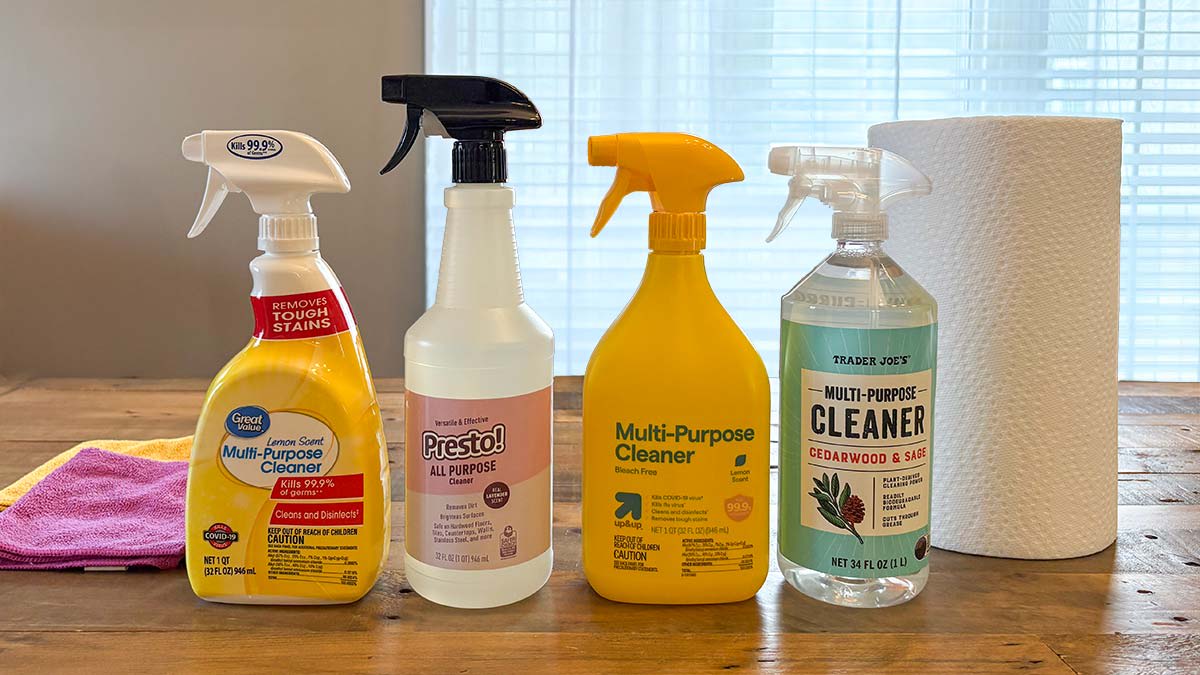Seven Popular Home Renovations That Will Increase Your Property Taxes

While property taxes vary widely across the United States (Essex County, New Jersey has some of the highest on average, at $13,145; while West Virginia has some of the lowest—just $989), if you own a house, you’re paying some kind of property taxes—and if you renovate that house, your property taxes will probably go up.
That happens because significant improvements to your home will increase its value, and your property’s value is what your property taxes are based on. It can take some time for your local tax assessor to catch up with your renovations, but at some point your property will be reassessed and your taxes increased accordingly, so it’s best to be prepared to take the hit.
Part of that preparation means knowing the sorts of renovation projects that will have the biggest impact on your tax bill. Tax rates and assessment procedures vary widely from place to place, so it’s impossible to say exactly how much impact a particular project will have on your particular tax bill—but these seven renovations are likely to hike your property taxes the most.
Building an addition
Generally speaking, anything that increases your home’s livable space will increase your property taxes. Property taxes are usually assessed through potential sales value, replacement cost, or estimated rental value (sometimes all three), so having more living space obviously boosts every aspect of your home’s value.
This includes other renovations that add livable space without requiring new construction, like converting a garage into a bedroom or office, or subdividing a bedroom into two (a house with three bedrooms, however small, is often considered more valuable than one with two). And certain kinds of outbuildings, like a shed in your backyard, might increase your tax bill too—especially if they are built on a foundation and connected to water, electric, and sewer lines.
Adding a bathroom
Like bedrooms, more bathrooms generally mean your house is worth more, so adding one to your home will probably increase your tax bill. Just upgrading your existing bathrooms can also trigger a property tax increase, as many tax assessments rely on the number of fixtures in the bath to assess general value—thus, a two-piece half bath is valued less than a five-piece en suite. Turning that simple three-piece into a lavish spa bathroom might cost you at tax time, even though you didn’t actually add a new bathroom.
Installing an in-ground pool
Even though pools are kind of controversial in terms of home value—they can even lower your potential sale price because they’re expensive to maintain, and not everyone is a fan of pools—they will still increase your property value because a) they’re clearly an improvement, in the sense that they add something to your property that wasn’t there before (and they typically do add some value) and b) they’re considered “real property” instead of personal property (and luxuries, to boot) because they’re attached to the home. (An above-ground pool would probably be considered personal property, and have no impact on your property taxes).
Adding a patio or deck
Adding a patio or deck to your outdoor space obviously improves that space, making it more pleasant and useful. That doesn’t necessarily guarantee a property tax bump—different tax codes will have different guidelines regarding outdoor spaces, and the size and scope of your deck or patio area (as well as the materials you use) will be factor as well. But in general, if your new outdoor space can be expected to raise the sale value of your home, it will also raise your property taxes.
Finishing your basement
If your current tax assessment is based on a house with a damp, dingy basement filled with cobwebs and exposed plumbing, it shouldn’t be a shock that transforming that space into a cozy entertainment area or guest suite will increase your property taxes. Since a finished basement generally offers a 70% ROI in terms of home value, if your basement costs the average of $32,000 to finish, your home should increase in value by about $22,400, and your taxes will definitely increase accordingly.
General land improvements
A key concept in property taxes is “improvement.” Every house once started off as an empty plot of land. Someone came along and improved it by clearing the plot, running sewer, water, and power lines, pouring a foundation, and building a house there. All those improvements made the land more valuable, and that process continues when you renovate or add onto the property.
What do you think so far?
That doesn’t only mean additions and renovations to the house itself, however—you can also improve the land in various ways:
-
Adding fencing to a yard
-
Paving a dirt or gravel driveway
-
Adding drainage or irrigation systems
-
Landscaping and hardscaping
-
Adding outdoor lighting
-
Regrading
-
Installing sidewalks
All of these projects improve the property, add value, and could trigger significant property tax hikes.
Adding a fireplace
Adding a fireplace to your home makes it a cozier, warmer place—and also a more valuable one. Fireplaces are generally considered luxuries (unless your home relies on one for heat), which is one reason homes with fireplaces sell for about 13% more than comparable homes. As a result, you can expect that extra value to be reflected in your home’s next tax assessment.
Call before you renovate
If you’re considering any sort of renovation, addition, or other improvement to your home, it can be very difficult to determine how—or when—it will impact your property taxes. And one rule is likely to hold true: If you pull permits for the project (and you definitely should pull permits for any job for which local building codes require you to), eventually your local tax office will become aware of your projects and move to reassess your home’s value for tax purposes.
The easiest way to get some idea of what the tax impact will be is to call your local assessor’s office and ask, before you start any work. They probably won’t be able to give you a precise number, but they can tell you if you can expect your project to raise your tax bill, and possibly give you a general idea of what the increase could look like.











